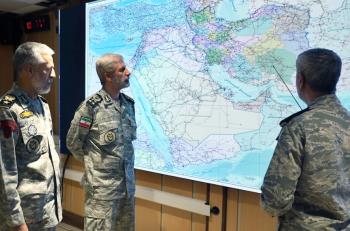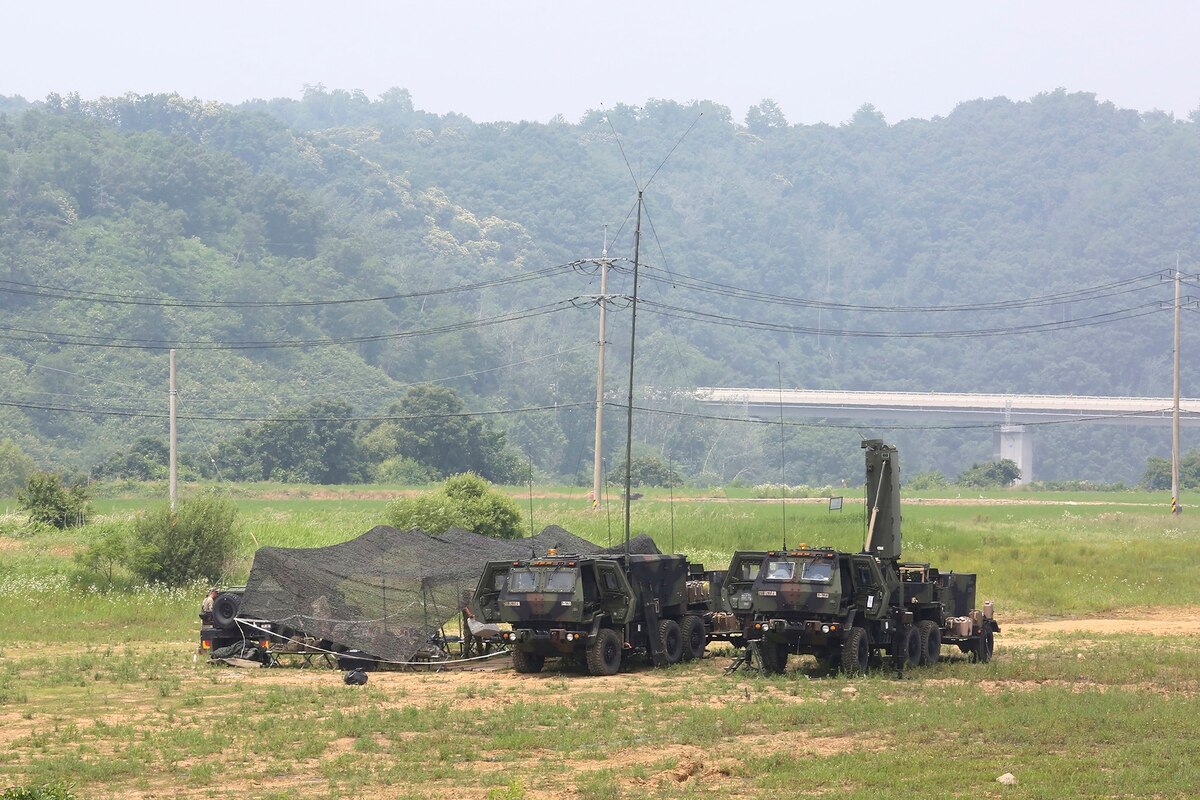Alwaght- South Korea and the US and reached an agreement on “sharing costs” for stationing American personnel, in a bid to resolve a big source of friction between the nations during Donald Trump’s presidency who demanded that Seoul to quintuples its spending for the privilege.
Seoul currently pays Washington roughly $920 million a year to host some 28,500 American personnel on its soil, but back in 2019 Trump demanded an increase of annual payouts to $5 billion. With a new commander-in-chief in the White House, the US has moved to soothe disagreements with its military allies as part of Joe Biden’s commitment to “reinvigorate” Washington's “democratic alliances around the world.”
The sides negotiated a “meaningful increase in host nation support contributions,” a State Department spokeswoman said on Friday, but it remains unclear how much Seoul will pay. Under a similar agreement with Japan reached last month, Tokyo will pay Washington some $1.85 billion for hosting about 55,000 US military personnel in 2021, roughly the same amount as last year.
South Korea's Foreign Ministry also offered no details of the deal, saying the “sides will make a public announcement and hold a tentative signing ceremony after completing internal reporting procedures.”
The government will resolve to sign an agreement in a swift manner to resolve its vacuum that has lasted more than a year and contribute to strengthening the alliance.
The US military has “around 800” bases outside of US territory, with “up to 200,000 troops” overseas according to some estimates, although the real number is unknown as many of them are maintained under the veil of national security. US troops have been stationed in Japan and Germany since the end of the Second World War in 1945, and in South Korea since a ceasefire froze the Korean War in 1953, with the host nations covering just a fraction of the upkeep costs. Former president Trump had been pushing for fairer ’protection deals’ with NATO and other military allies, at one point reportedly going so far as to demand “cost plus 50” percent from South Korea.



























